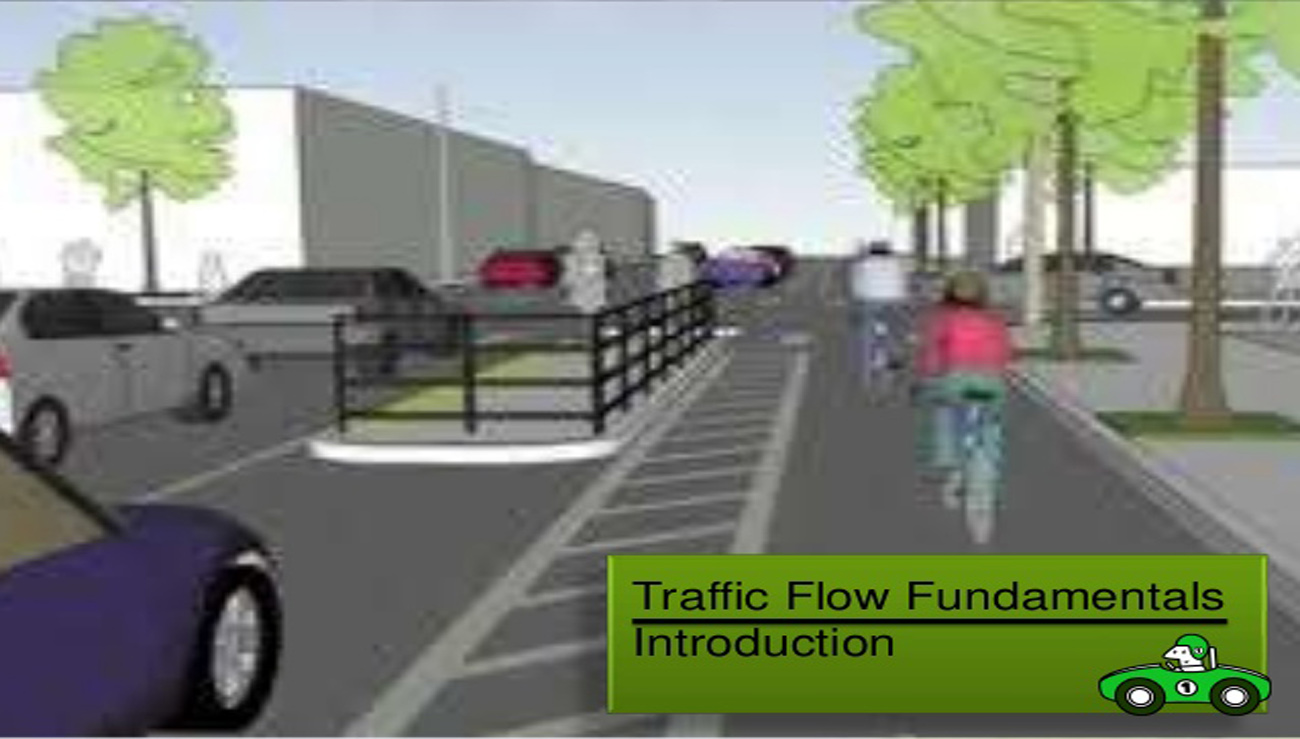
An Analysis of Select Models of Rural Education in Developing Nations and Their Possible Applicability in India
Abstract:
This study conceptually analyses select rural education models which have been implemented successfully in various developing countries. The models chosen for the study possess distinct features- administrative, financial, academic as well as ideological- which have led them to achieve better qualitative standards in education for rural and underprivileged children. The paper points out those features which resonate the most with the Indian socio-economic scenario and discusses the possibility of applying the same in the Indian rural education system. The study is based on the review and analysis of secondary sources. The researcher has accessed scholarly articles,research papers, published reports and online literature for the study.
Author(s):
Shweta Singh, Banaras Hindu University, Varanasi
DOI:
Keywords:
References:
Allcotty H. And Ortegaz, Daniel E. (2006) The Performance of Decentralized School Systems: Evidence from Fe y Alegría in Venezuela ; World Bank Site Resources
Cela, J. (2005).FE Y ALEGRIA: Rights and Duties of Being Public as Part of Civil Society; Federación Internacional de Fe y Alegría PEPG-05-19
Census (2001), Literates and Literacy Rates
Cogan, John J. (1982), Education and Development in the Third World; ASCD EL 198203
Das, J. Pandey, P. And Zajonc T. (2006), Learning level gaps in Pakistan , World Bank Policy Research Paper 4067
Kline, R. (2002), A Model for Improving Rural Schools: Escuela Nueva in Colombia and Guatemala ; Harvard University, Current Issues in Comparative Education, Vol. 2 (2)
Landers, C. (2008), Child-to-Child Approach- Strategic Framework , Education Section- UNICEF, New York
Martiniello, M. (2001) Fe y Alegria- Where Community Is The Choice , Graduate School of Education, Harvard University
Rugh A. And Bossert H. (1998), Involving Communities Participation in the Delivery of Education Programs ; ABEL Project PN-ACC-721
Schiefelbein, E. (1992), Redefining basic education for Latin America: lessons to be learned from the Colombian Escuela Nueva ; Fundamentals of Educational Planning- 42, UNESCO, Paris
Special Report: India (2008). Creaking, Groaning Infrastructure: India’s biggest handicap ,The Economist
The World Factbook, Field Listings- Literacy, Central Intelligence Agency, United States, ISSN 1553-8133
UNICEF Evaluation Report (2012), Getting Ready for School- A Child-to-Child Approach




